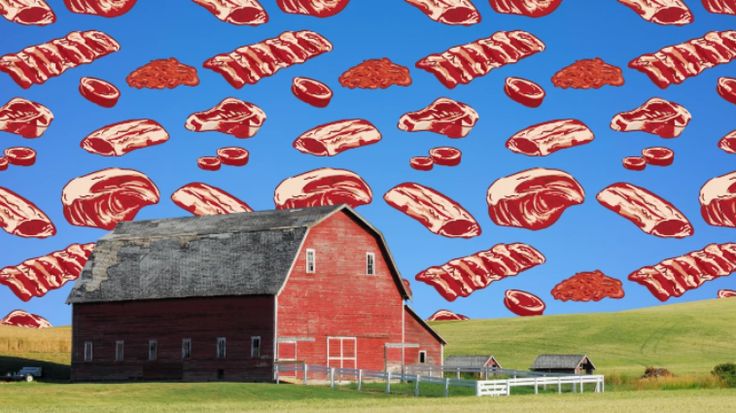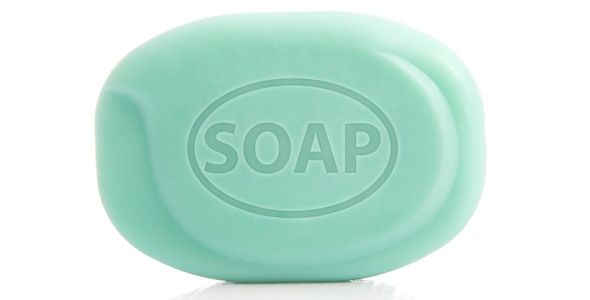Trump Claims Coke to Ditch HFCS for Cane Sugar: Healthier or Hype?
:max_bytes(150000):strip_icc()/Health-GettyImages-1239099323-30991676ea1b48f8a3555d8a9b7b2bcf.jpg)
President Donald Trump recently announced via social media that Coca-Cola had agreed to replace high-fructose corn syrup with cane sugar in its regular Coke sold in the U.S., proclaiming it would be a "very good move." However, this potential change, though lauded by the President, has not yet been confirmed by Coca-Cola, according to the Associated Press, raising questions about its actual implications for consumer health.
Currently, American Coke is primarily sweetened with high-fructose corn syrup, a liquid sweetener derived from cornstarch. This refined sugar was introduced to Coke in the early 1980s as a cheaper alternative to cane sugar, which had been the original sweetener. Many other countries, along with specific products like Mexican Coke sold in the U.S., continue to use cane sugar.
Despite the perception that cane sugar might be a healthier, more "natural" option, nutrition experts contend that Coke sweetened with cane sugar is no healthier than its high-fructose corn syrup counterpart. Lisa Moskovitz, RD, CDN, and Caroline Susie, RDN, LD, both emphasize that both cane sugar and high-fructose corn syrup are refined sugars with similar molecular structures, each containing roughly a 50/50 split of fructose and glucose. They are digested in the body in much the same way, meaning the body does not differentiate between the two as significantly different substances.
Experts warn that consuming excessive amounts of any refined sugar, whether from cane sugar or high-fructose corn syrup, can elevate the risk of weight gain, type 2 diabetes, heart disease, and fatty liver disease. As Susie succinctly puts it, "At the end of the day, it’s added sugar. Those added sugars really do add up.”
Given these health considerations, nutritionists generally do not recommend regular soda consumption, regardless of the sweetener. While an occasional soda may be acceptable, these beverages are considered "empty-calorie, blood glucose-spiking" drinks, as Moskovitz notes. Even diet soda, despite being sugar and calorie-free, is not recommended as it offers zero nutritional value. For optimal hydration, experts suggest water, unsweetened tea, or sparkling water. For those craving a fizzy drink, Moskovitz recommends seltzer flavored with a splash of juice or fresh fruits like berries, oranges, or limes.
Recommended Articles
Trump's Sugar Bombshell: Is Cane Sugar Coke a Healthier Choice?
:max_bytes(150000):strip_icc()/Health-GettyImages-1239099323-30991676ea1b48f8a3555d8a9b7b2bcf.jpg)
zero nutrients.
Coke's Sugar Shockwave: Trump's Claim of Cane Sugar Switch Sparks Health Debate!
:max_bytes(150000):strip_icc()/Health-GettyImages-1239099323-30991676ea1b48f8a3555d8a9b7b2bcf.jpg)
President Donald Trump announced a potential switch by Coca-Cola to cane sugar in U.S. Coke, but nutritionists quickly c...
Trump Ignites Debate: Will Coke's Cane Sugar Switch Make it Healthier?
:max_bytes(150000):strip_icc()/Health-GettyImages-1239099323-30991676ea1b48f8a3555d8a9b7b2bcf.jpg)
President Donald Trump announced a potential switch by Coca-Cola to use cane sugar in U.S. regular Coke instead of high-...
Trump Claims Coke's Cane Sugar Switch: Healthier Or Hype?
:max_bytes(150000):strip_icc()/Health-GettyImages-1239099323-30991676ea1b48f8a3555d8a9b7b2bcf.jpg)
President Donald Trump announced that Coca-Cola may switch from high-fructose corn syrup to cane sugar in U.S. Coke, but...
Trump's Sweet Declaration: Coke Allegedly Switching to Cane Sugar, But Is It Truly Healthier?
:max_bytes(150000):strip_icc()/Health-GettyImages-1239099323-30991676ea1b48f8a3555d8a9b7b2bcf.jpg)
President Donald Trump announced that Coca-Cola will reportedly switch from high-fructose corn syrup to cane sugar in U....
You may also like...
7 Ways to Network Without Feeling Fake

Discover 7 practical ways to network authentically without feeling fake. Build genuine relationships, add value, and cre...
When Meat Fell From the Sky: The Bizarre Story of the Kentucky Meat Shower of 1876

On March 3, 1876, Bath County, Kentucky, witnessed one of history’s strangest events: a shower of raw meat falling from ...
Cleanliness, Colour, and Contradictions: How Racism Warps the Hygiene Debate Between Black and White

A deep dive into the cultural clash over hygiene between Black and white communities, exposing how racism has long disto...
How Social Media's Grip on African Youth is Fueling a Silent Anxiety Crisis

Social media is more than a tool for connection; for a new generation of African teens, it's a source of anxiety, body i...
How Africa's Economic Resilience and Innovation are Redefining Global Power

Africa is projected to be the world's second-fastest-growing region, but what's driving this? This article goes beyond t...
Confronting Africa's Mental Health Crisis

Mental health issues are a growing, yet overlooked, crisis in Africa. This article explores the cultural, economic, and ...
Nottingham Forest Sack Nuno, Appoint Ange Postecoglou in Bold Tactical Shift

Nottingham Forest has appointed Ange Postecoglou as its new manager, replacing Nuno Espirito Santo. This move signals a ...
World Cup Heartbreak: Super Eagles' Qualification Hopes Dented by South Africa Draw

The critical 2026 FIFA World Cup qualifier between South Africa and Nigeria ended in a 1-1 draw, jeopardizing Nigeria's ...